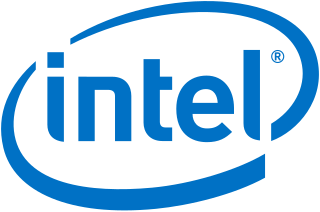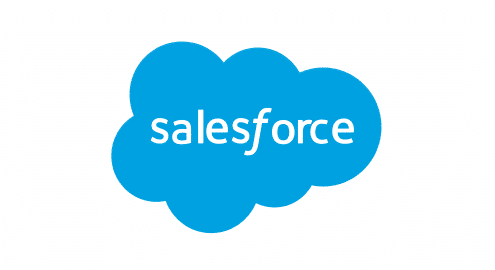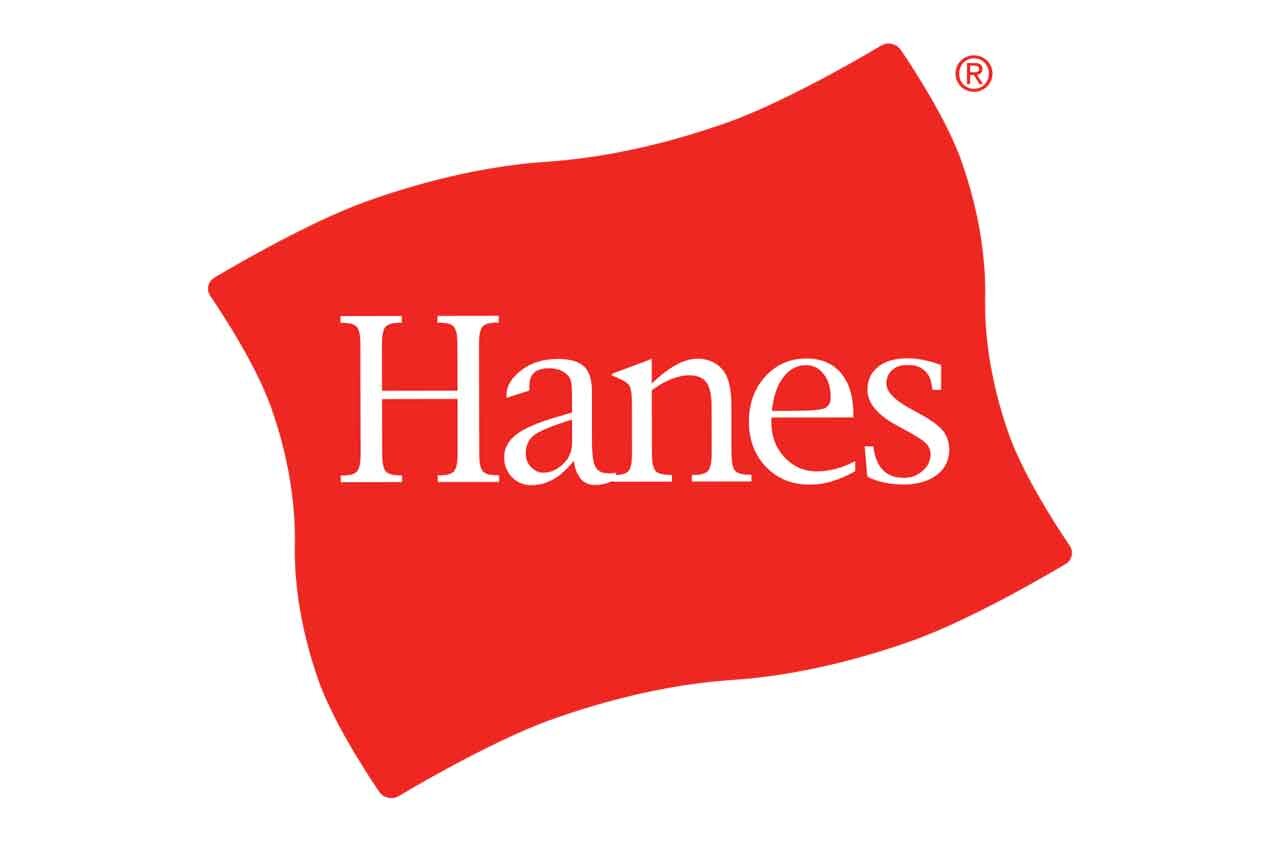CenturyLink
CenturyLink announced on April 1 that it is donating high-speed internet connections to temporary hospital facilities created to help ease the burden on the nation’s healthcare system. The company is immediately responding to requests for services and installing connections within 48 hours.
Connecting the Mercy Ship
CenturyLink installed and donated high-speed connectivity to the hospital ship U.S. Naval Ship Mercy just hours after it arrived at the port of Los Angeles. The company also waived installation fees for a 1 gigabit Ethernet circuit connecting the Defense Information Systems Agency’s shored-based Naval Air Station North Island to USNS Mercy. The high-speed connection supports our nation’s military and healthcare professionals providing medical assistance to patients not associated with COVID-19 during this pandemic.
Connecting Field Hospitals and Quarantine Sites
Grappling with the sudden need for more hospital beds and overflow capacity due to COVID-19, local municipalities are transforming various facilities into temporary field hospitals. CenturyLink has committed to donate high-speed connectivity and waive fees for several field hospital operations in Seattle and Oregon.
The company is working with local and state agencies to provide speeds ranging from 200 Mbps to 1 Gigabit Ethernet connections at these locations – with an expectation that the following list will continue to grow and evolve:
Oregon State Fair and Exposition Center in Salem, Oregon
CenturyLink is providing a 1 gigabit Ethernet connection to this temporary hospital for 250 non-coronavirus patients in recovery.
King County, Seattle locations, Washington
CenturyLink activated high-speed fiber internet connections at eight quarantine locations in just three days throughout the city of Seattle in King County. These locations are serving coronavirus patients.
Tallahassee Memorial Healthcare, Florida
CenturyLink’s quick response successfully connected the hospital to the metropolitan area’s only COVID-19 test site. In less than 24 hours, CenturyLink technicians established multiple connections, critical to relaying testing orders and results. This drive-thru test site at Northwood Center not only serves Tallahassee, but also the surrounding rural areas that make up Florida’s Big Bend.
Hospital Posadas, Argentina
CenturyLink donated internet access up to 100 Mbps to Hospital Posadas, a medical assistance institution focused on prevention, treatment and health rehabilitation.
Additional activities include:
United Christian Nethersole Community, Hong Kong
Our Hong Kong Corporate Social Responsibility (CSR) team partnered with United Christian Nethersole Community, a local senior center, to provide critical protective supplies, such as surgical mask, hand sanitizers, rice, noodles and cleaning towels. Our donations will assist more than 250 seniors in need.
Critical Supply Donations, Singapore
Our Singapore CSR team raised thousands of dollars to purchase hand sanitizer and other needed supplies for individuals in vulnerable areas. These items were donated to a local non-profit agency for distribution to those in need.













